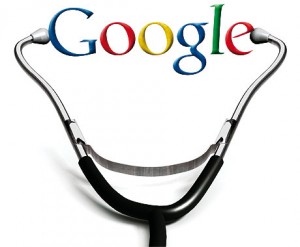Depression has become one of the most loosely used diagnoses among people suffering from mental illnesses and emotional difficulties. Mental health professionals often find patients walking up to them, certain that they are suffering from depression because “Google” tells them so. The general population believes that the word is synonymous with “sadness” and often uses the word incorrectly to describe passing feelings of sadness arising as a result of an emotional turmoil.

Depression is more than simply feeling unhappy or fed up for a few days. It is natural for everyone to go through spells of feeling down or irritable. However, if a person feels persistently sad for a long duration (minimum 2 weeks to be precise) and feels disinterested even in recreational activities like watching T.V or going out, he/ she may be suffering from clinical depression. If a person is clinically depressed, the sadness of mood will start to affect their personal hygiene/ grooming/ health, their work and their relationships.
The fact is that “Depression”, better referred to as “Clinical Depression” is a mood disorder characterized by a range of symptoms. These include:
- Persistently sad mood
- Feeling irritable most of the time
- A loss of pleasure in usual activities
- Trouble sleeping or sleeping too much
- A change in appetite, along with weight gain or loss
- Tiredness and lack of energy
- Feelings of worthlessness, hopelessness & helplessness
- Self criticalness and guilt feelings
- Difficulty concentrating
- Slow or fast movements
- Lack of activity and avoiding usual activities
- Repeated thoughts of death or suicide
Depression is quite common. It affects both men and women, young and old. A study based on the World Health Organization’s World Mental Health Survey Initiative has revealed that India has the highest rate of depression in the world. Sometimes there is a trigger for depression. Life-changing events, such as bereavement, losing your job or even having a baby, can bring it on. People with a family history of depression are also more likely to experience it themselves. But one can also become depressed for no obvious reason.
Some people still think that depression is trivial and not a genuine health condition. They’re wrong. Depression is a mental illness with real symptoms, and it’s not a sign of weakness or something you can “snap out of” by “pulling yourself together”. Clinical depression requires treatment just like any other physical illness. Treatment can include medication, psychotherapy or a combination of the two. With the right treatment at the right time, a person suffering from depression can lead a normal and a happy life.